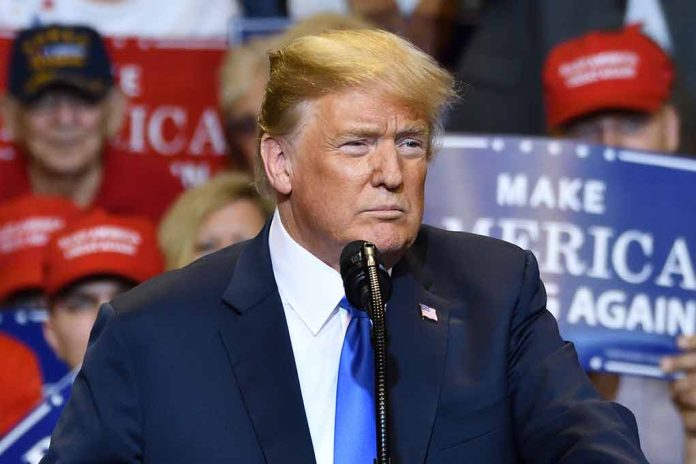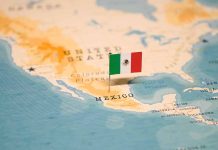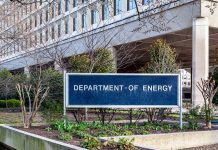
Donald Trump has criticized the inefficiencies within the FDA and the influential power of big pharmaceutical companies. To address these concerns, he proposed banning government employees from becoming lobbyists immediately after their tenure. He believes this ban would minimize conflicts of interest and enhance the transparency and integrity of government processes.
This proposal comes as a pointed critique of what is termed regulatory capture. Regulatory capture refers to a situation where regulatory agencies are dominated by the very industries they are charged with regulating, leading to policies that benefit private interests over public welfare.
A recent example is Trump’s own administration. Despite promises to lower drug prices, industry insiders still found their way into key government positions. Americans’ prescription drug spending has increased by nearly 50% since 2010, totaling around $535 billion in 2018.
One particularly alarming issue is the astronomical rise in the price of insulin. Diabetics have resorted to dangerous rationing practices due to unaffordable insulin costs. The situation underscores the pressing need for policy changes to prevent these life-saving drugs from becoming inaccessible.
— Donald J. Trump (@realDonaldTrump) January 8, 2021
The Pharmaceutical Lobby’s Influence
The influence of pharmaceutical companies on public health policy is substantial. From 2010 to 2016, the NIH funding contributed to the research behind all 210 new drugs approved by the FDA. Despite this, drug prices have continued to soar. In 2019 alone, there were over 3,400 drugs with raised prices.
Companies achieve this through tactics like evergreening and thicketing. These strategies secure patent extensions to maintain high drug prices by reducing competition. This underscores pharmaceutical companies’ significant profit margins, often higher than other industries.
“Since the 1930s, the National Institutes of Health has invested close to $900 billion in the basic and applied research that formed both the pharmaceutical and biotechnology sectors.”
High drug costs also lead to medical debt. Some Americans are even forced to travel abroad for more affordable medications. Congress has done little to address this issue, many members benefiting from pharmaceutical donations. In the 2016 congressional elections alone, the industry spent over $62 million.
Proposed Reforms and Solutions
Trump’s proposal aims to curb lobbying to foster innovative biologics while preventing skyrocketing drug prices. The “American Patients First” blueprint included solutions like improving competition, better negotiation, lower out-of-pocket costs, and pressuring foreign governments to raise drug prices.
“American Patients First” – President Trump
While former FDA employees face certain lobbying restrictions, many can still influence agency policies indirectly. This concern is magnified by examples like Alex Azar, the former president of Lilly USA, LLC, who was nominated by Trump as U.S. Secretary of Health and Human Services.
“So, people will leave government service and can immediately start doing influence peddling and lobbying,” – Craig Holman, a government affairs lobbyist for nonprofit Public Citizen, said in the report.
Trump’s proposal attempts to counter the undue influence of pharmaceutical companies. Whether it will succeed in addressing the issues of regulatory capture and skyrocketing drug prices remains to be seen.














